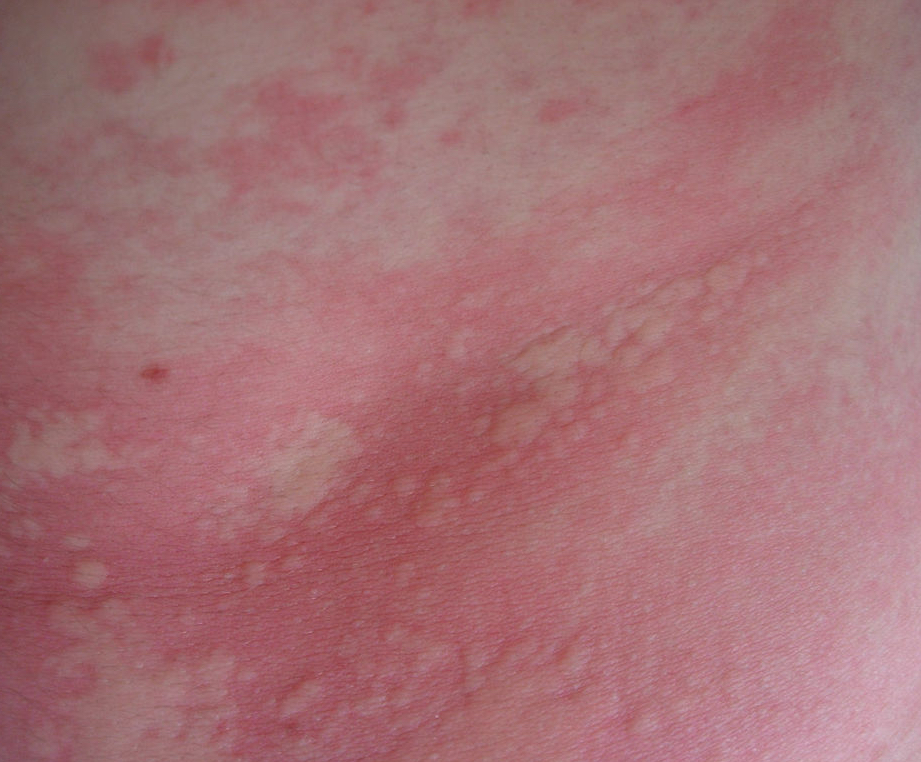Report 65: In the First Three Months of Pfizer’s mRNA “Vaccine” Rollout, Nine Patients Died of Anaphylaxis. 79% of Anaphylaxis Adverse Events Were Rated as “Serious.”

The War Room/DailyClout Pfizer Documents Analysis Project Post-Marketing Group (Team 1) – Joseph Gehrett, MD; Barbara Gehrett, MD; Chris Flowers, MD; and Loree Britt – produced an shocking review of anaphylaxis (severe allergy reaction) adverse events found in Pfizer document 5.3.6 Cumulative Analysis of Post-Authorization Adverse Event Reports of PF-07302048 (BNT162B2) Received Through 28-FEB-2021 (a.k.a., “5.3.6“). Severe allergic reaction is typically triggered by latex, foods such as peanuts, bee stings, or medications (injected or taken by mouth), among other things, and is generally considered a medical emergency.
It is important to note that the adverse events (AEs) in the 5.3.6 document were reported to Pfizer for only a 90-day period starting on December 1, 2020, the date of the United Kingdom’s public rollout of Pfizer’s COVID-19 experimental mRNA “vaccine” product.
Key points in this report include:
-
There were nine reported deaths.
- Only four patients who died were reported to have serious, underlying medical conditions that “likely contributed to their deaths.”
-
There were 1,833 potential anaphylaxis patients reported; but, after screening using a tool called Brighton Collaboration, 831 did not meet anaphylaxis criteria, leaving 1,002 cases reported in 90 days. Pfizer reported 2,958 “potentially relevant events” from those 1,002 individuals that included the signs and symptoms of anaphylaxis.
-
Where did the other 831 patients and their allergic adverse events go/get assigned in the post-marketing data, if anywhere?
-
-
Pfizer reported only the most frequent anaphylaxis signs and symptoms: anaphylactic reaction (435), shortness of breath (356), rash (190), redness of the skin (159), hives (133), cough (115), respiratory distress (97), throat tightness (97), swollen tongue (93), low blood pressure (72), low blood pressure severe enough to threaten organ function (shock) (80), chest discomfort (71), swelling face (70), throat swelling (68), and lip swelling (64).
-
The events were rated as serious in 2,341 (79%) and non-serious in 617 (21%).
-
The ratio of females to males affected was over 8:1. Of those cases with gender specified, 876 (89%) were female, 106 (11%) were male.
-
Half of patients with this adverse event were younger than 43.5 years old.
-
Pfizer’s Conclusion: Evaluation of BC (Brighton Collaborative) cases Level 1-4 did not reveal any significant new safety information. Anaphylaxis is appropriately described in the product labeling as are non-anaphylactic hypersensitivity events. Surveillance will continue.
Read this important two-page report below:




Humans are the test subjects of the experiment and products. The longevity project or reverse aging process (life extension) also uses the same technology. There are several companies that are working on this technology. Ability to slow down and reverse aging is the goal. It’s what makes sense if you think about it.